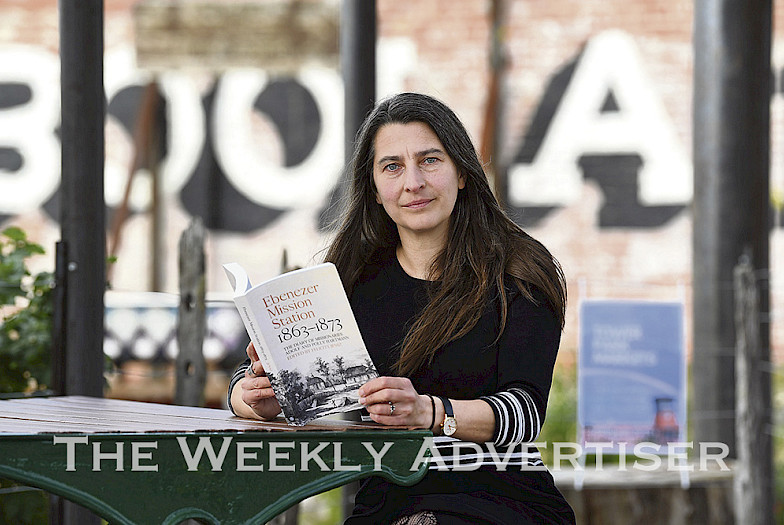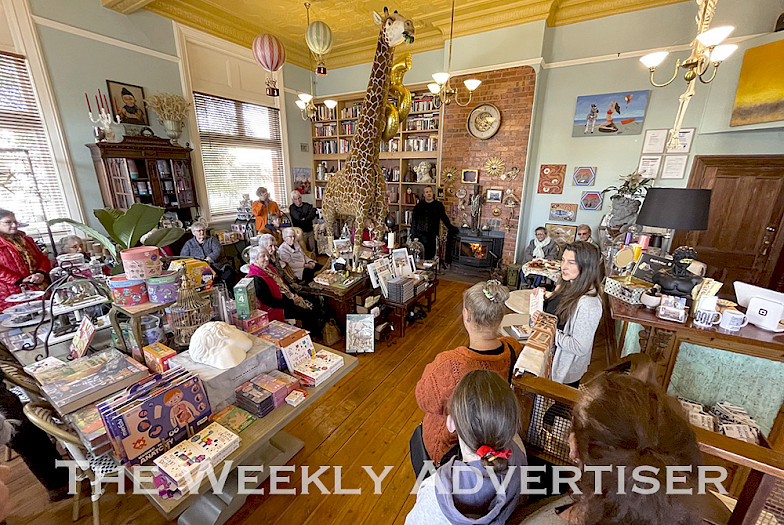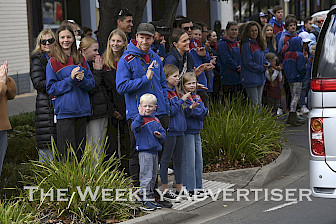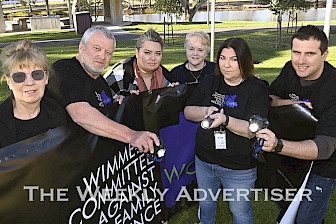Jensz also engaged Dimboola-based Elder, Aunty Hazel McDonald, in compiling the book.
“It’s a resource that shows us what is happening when these communities are being built in the 1860s,” she said.
“When I was writing this book, there were lots of conversations with Aunty Hazel McDonald. We talked about the ways in which the stories she had heard about the mission were slightly different than the ones the missionaries wrote. She was excited to read the diary also to have a different perspective.
“We see that the missionaries were, on occasion, helping people – it wasn’t just that squatters, or white people, were being violent or trying to suppress Indigenous people; there were ways people worked together and helped Aboriginal people ask for more land via petitions and finding ways to try to ensure Indigenous people had more rights and access to more land.
“It’s an ambivalent picture, but it makes the picture broader and richer than just having one perspective.”
Jensz said the stories also captured the values and attitudes of the time.
“Sometimes they thought they were helping and they weren’t. There were different moral standards in the 19th century than we have these days,” she said.
Aunty Hazel and her daughter Robyn Lauricella began discussions with Jensz about 18 months ago and had read a draft of the book, with a chance to provide feedback.
“For me, being a younger generation, getting to know what actually happened out at Ebenezer and knowing what the missionaries were doing with our mobs and vice versa – they did have good friendships,” Mrs Lauricella said.
“My daughter, Bianca, has read it as well – so that’s three generations reading what’s happened, day-to-day, out on the mission.
“Knowing that the two missionaries were great to the family and they were only young, they got married and came straight over from Germany to a station where they didn’t speak the language. It would’ve been hard on them as a young couple.”
People wanting a copy of the book can go to press.anu.edu.au
The entire July 26, 2023 edition of The Weekly Advertiser is available online. READ IT HERE!
The entire July 26, 2023 edition of AgLife is available online. READ IT HERE!







